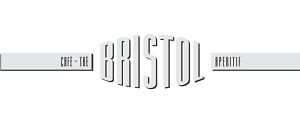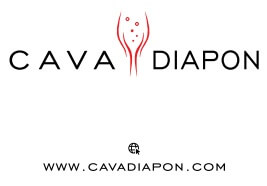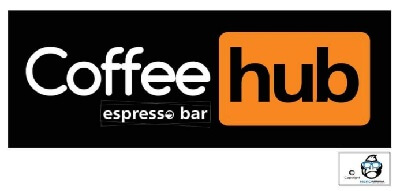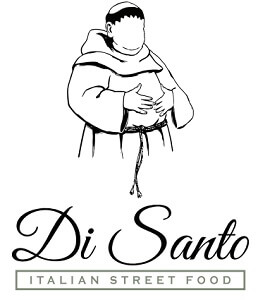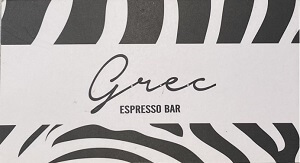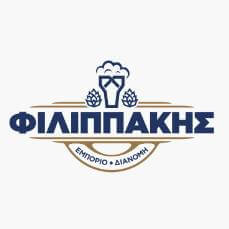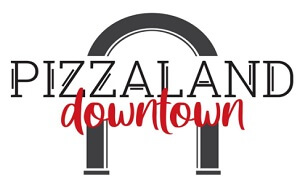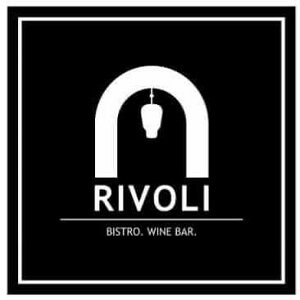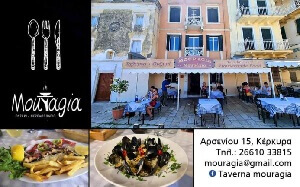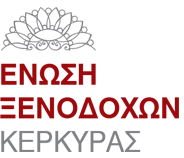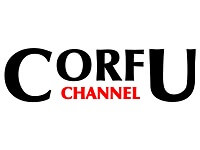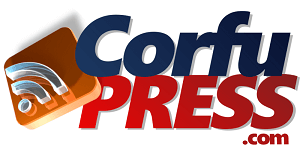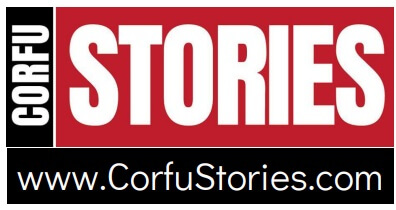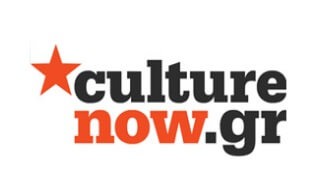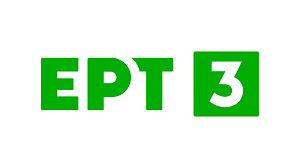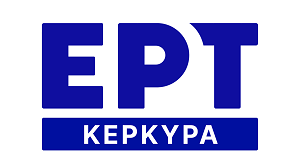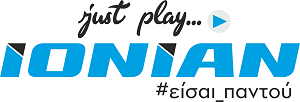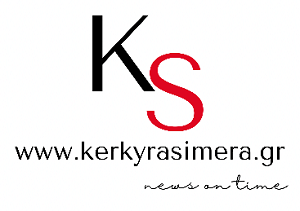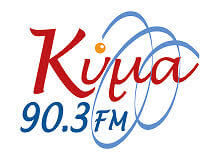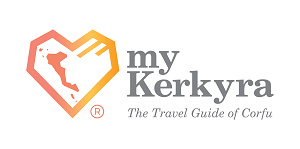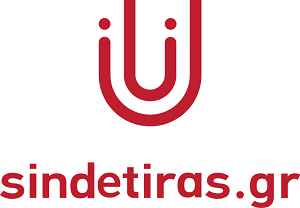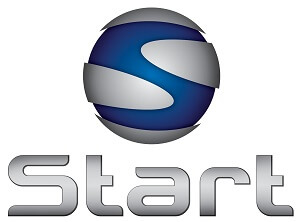Summary
This paper aims at presenting data from our teaching experience of Digital Narrative Forms at the Department of Product and Systems Design Engineering of the University of the Aegean, since the Academic Year 2018-2019 when we introduced a Studio Approach in the Curriculum.
The Studio Approach adopted simulates the professional experience of creative teams that cooperate in the development of transmedia projects [1].
Emphasis is given to Transmedia World Building techniques that aim at the creation of multiple representations destined to multiple media platforms (transmedia storytelling). The paradigm shift in storytelling is explained, as well as the importance of methodological frameworks to draft adequate design documents. Theoretical and analytical considerations are provided for the Design of Transmedia Projects that are based on the same initial digital content [2]. Via individual and group assignments, the students are prepared to work in teams the way professional creative teams (writers, directors, producers, art directors, technical directors, game designers, etc) are working in the industry. The students should be able, at the end of the course, to prepare Transmedia Design Documents and produce prototypes in video and in at least another medium (comics, game, book, radio, internet platform, etc). The paper discusses results from the course over a period of 3 years, giving insight to the lessons learned from both student and teaching activities.
[1] van Wyngaarden, E. ( 2014, October 1). Transmedia Value Creation, The Paradigm Shift In Media. Transmedia desk, Training for trainers.
[2] Gambarato, R. R. (2013). Transmedia Project Design: Theoretical and Analytical Considerations. In Baltic Screen Media Review, n.1, (pp.80-100).
Back
SPONSORS
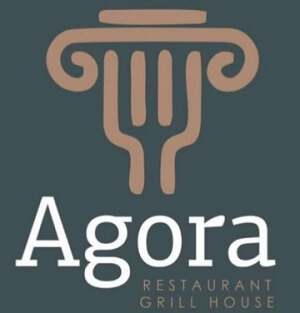 Agora Restaurant Grill House
Agora Restaurant Grill House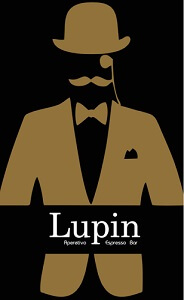 Lupin Aperitivo Espresso Bar
Lupin Aperitivo Espresso Bar

